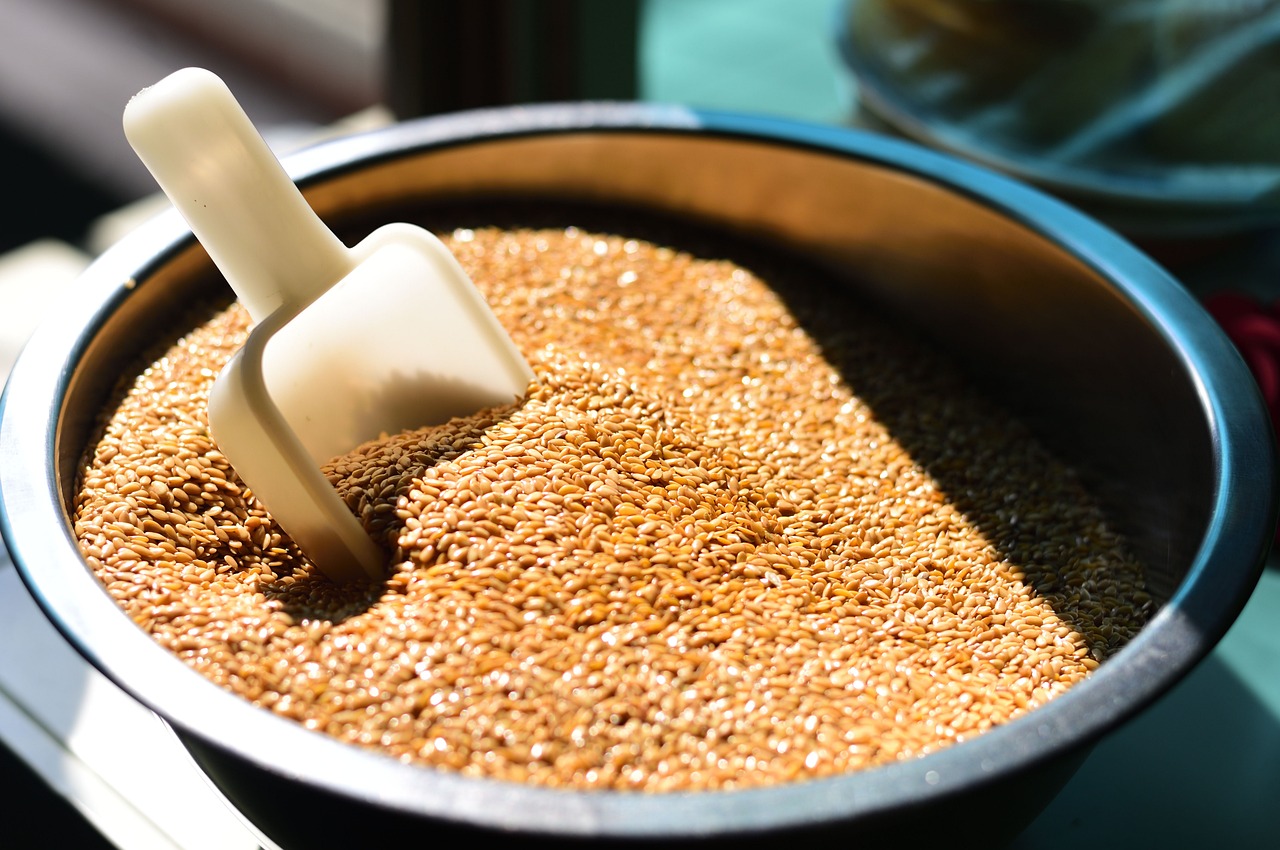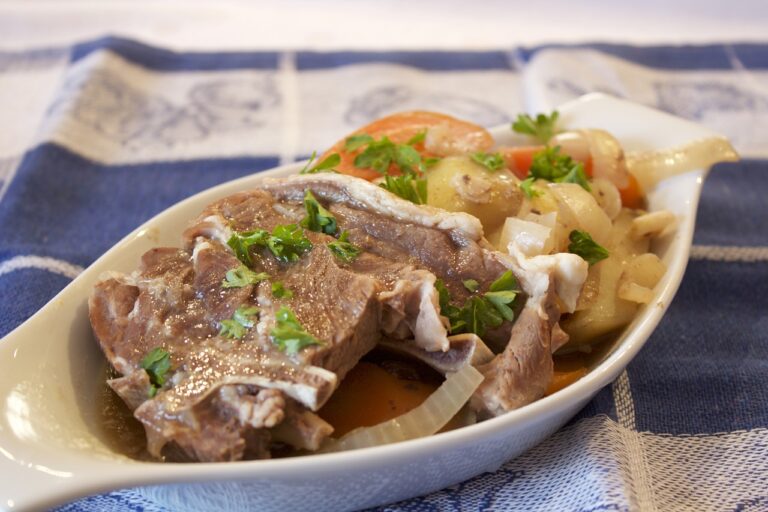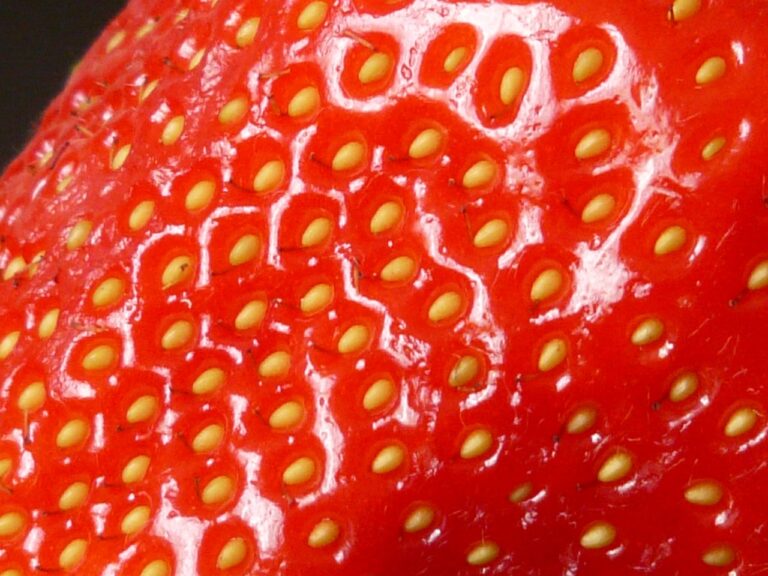Food and Memory: How Taste Triggers Emotions and Recollections
Our sense of taste is intricately linked to the memories we hold dear. The mere taste of a dish can transport us back in time, evoking emotions and memories with remarkable clarity. This powerful connection between taste and memory is a testament to the profound impact food can have on our lives.
Whether it’s the aroma of freshly baked cookies triggering memories of childhood or the tang of a certain spice bringing back moments from travels abroad, taste has a way of unlocking the doors to our past experiences. The neural pathways that connect taste and memory are complex yet fascinating, revealing the depth of our sensory experiences and how they shape our recollections.
The Science Behind Taste and Memory Connection
Understanding the intricate relationship between taste and memory involves delving into the realm of neuroscience. Certain regions of the brain, such as the hippocampus and amygdala, play crucial roles in processing taste and encoding memories associated with specific flavors. These brain structures work together to create lasting connections between taste sensations and the memories they evoke.
Research has shown that when we taste a particular food or drink, our brain not only recognizes the flavor but also triggers past memories linked to that taste. This phenomenon highlights the complex interplay between our sensory experiences and our cognitive processes. The science behind taste and memory connection sheds light on how our brain stores and retrieves information related to flavors, ultimately shaping our culinary preferences and emotional responses to food.
How Emotions Influence Our Perception of Taste
Our emotions play a significant role in how we perceive taste. Studies have shown that our emotional state can greatly impact the way we experience flavors. For example, when we are feeling happy or content, flavors may seem more vibrant and enjoyable, whereas when we are stressed or upset, the same flavors may appear dull or unappetizing.
Additionally, our past experiences and memories tied to certain foods can also influence our perception of taste. If we have positive associations with a particular dish from our childhood, we are more likely to have a heightened appreciation for its taste. On the other hand, negative experiences linked to certain foods can lead to a negative bias, affecting how we perceive their flavors. This interconnected relationship between emotions, memories, and taste highlights the complex nature of our sensory experiences.
• Our emotional state greatly impacts how we experience flavors
• Happy or content moods can make flavors seem more vibrant and enjoyable
• Stressful or upset emotions may cause flavors to appear dull or unappetizing
• Past experiences and memories tied to foods also influence taste perception
• Positive associations with childhood dishes can lead to heightened appreciation for their taste
• Negative experiences with certain foods can create a negative bias in flavor perception
How do emotions influence our perception of taste?
Emotions can greatly influence how we perceive taste. Positive emotions can enhance the taste of food, making it more enjoyable, while negative emotions can dull our perception of taste.
Can memories impact how we taste food?
Yes, memories can have a significant impact on how we taste food. Certain foods may trigger memories from our past, affecting our perception of taste.
How does the science behind taste and memory connection work?
The science behind taste and memory connection lies in the brain’s ability to link taste with emotional experiences and memories. This connection can influence how we perceive taste in the present moment.







